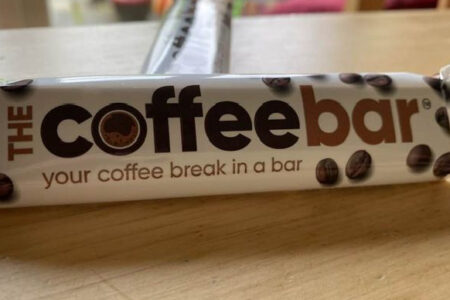Major report on reducing sugar in ranges poses ongoing industry challenge

pic: shutterstock
This past week has seen the release of Public Health England’s (PHE) assessment of how its much-publicised drive to reduce sugar intake by 20% within food categories including confectionery has performed, and the results have been far from what was anticipated.
As its own teams acknowledged, between 2015-2019, the broad range of segments under the microscope managed a collective 3% reduction in sugar. But perhaps not unsurprisingly to many, the snacks and confectionery sector, achieved the least level of cuts, registering 0.4% reductions for chocolate, and 0.1% for sweet confectionery.
The UK government’s aim for the venture through the soon-to-be replaced PHE appeared to be one of taking a broad brush approach, steering clear of singling out any one particular sector for blame and encouraging industry to respond through voluntary regulation.
While breakfast cereals, which were part of the programme, managed over 13% sugar cuts, the failure for any real reductions for confectionery really only leaves one conclusion – that voluntary systems simply don’t tend to work. It’s this very point that campaigners have been arguing since the scheme was unveiled amid much fanfare four years ago.
However, the flip side of the coin is the very real issue of creating products that are simply going to match up to existing ranges – sugar has been a key ingredient with confectionery for a significant period of time. It’s what makes it taste great, and replacing that is a far from easy task involving reformulation, significant marketing, and overcoming public perceptions of what makes for great product ranges.
Consequently, there are many in the sector who believe that attempting to enforce sugar cuts from a product that doesn’t seek to hide the fact that sugar is a key component, is an ineffective policy. Some have held up the fact that ranges billing themselves as reduced sugar, such as Nestle’s Wowsome bars have failed to make a major commercial impact.
For our upcoming November Confectionery Production, we interview the International Sugar Organisation on this very subject, in which it is claimed there has been a significant amount of ‘fake science’ which has sought to vilify sugar as a product, denting its sales. Undoubtedly, consumers have become more health conscious in the past few years, which has led to major chocolate manufacturers including Cargill and Barry Callebaut to devise reduced sugar ranges – which the market has yet to fully appreciate in term of many new products being brought to market, backed by notable promotional campaigns.
So, this remains a key issue that continues to pose a challenge for an industry that wants to be seen to engage with responsible enjoyment of snacks and confectionery, while ensuring the quality of its products remains high, which is a considerable test indeed.
- Neill Barston, Confectionery Production editor.
Keep in touch at [email protected] or via social media: @confectionprod



